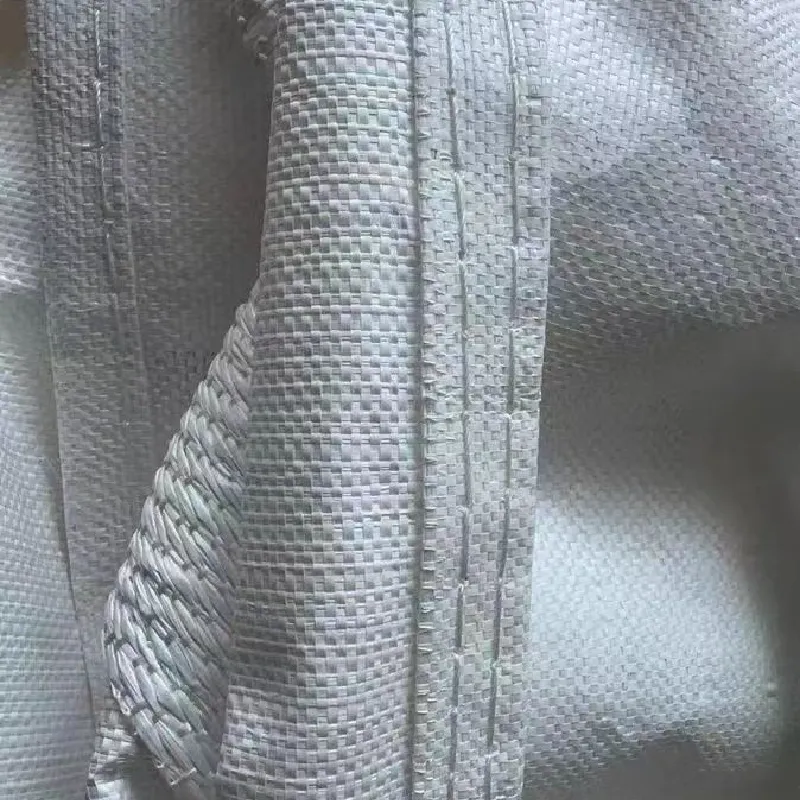-
 Afrikaans
Afrikaans -
 Albanian
Albanian -
 Amharic
Amharic -
 Arabic
Arabic -
 Armenian
Armenian -
 Azerbaijani
Azerbaijani -
 Basque
Basque -
 Belarusian
Belarusian -
 Bengali
Bengali -
 Bosnian
Bosnian -
 Bulgarian
Bulgarian -
 Catalan
Catalan -
 Cebuano
Cebuano -
 China
China -
 Corsican
Corsican -
 Croatian
Croatian -
 Czech
Czech -
 Danish
Danish -
 Dutch
Dutch -
 English
English -
 Esperanto
Esperanto -
 Estonian
Estonian -
 Finnish
Finnish -
 French
French -
 Frisian
Frisian -
 Galician
Galician -
 Georgian
Georgian -
 German
German -
 Greek
Greek -
 Gujarati
Gujarati -
 Haitian Creole
Haitian Creole -
 hausa
hausa -
 hawaiian
hawaiian -
 Hebrew
Hebrew -
 Hindi
Hindi -
 Miao
Miao -
 Hungarian
Hungarian -
 Icelandic
Icelandic -
 igbo
igbo -
 Indonesian
Indonesian -
 irish
irish -
 Italian
Italian -
 Japanese
Japanese -
 Javanese
Javanese -
 Kannada
Kannada -
 kazakh
kazakh -
 Khmer
Khmer -
 Rwandese
Rwandese -
 Korean
Korean -
 Kurdish
Kurdish -
 Kyrgyz
Kyrgyz -
 Lao
Lao -
 Latin
Latin -
 Latvian
Latvian -
 Lithuanian
Lithuanian -
 Luxembourgish
Luxembourgish -
 Macedonian
Macedonian -
 Malgashi
Malgashi -
 Malay
Malay -
 Malayalam
Malayalam -
 Maltese
Maltese -
 Maori
Maori -
 Marathi
Marathi -
 Mongolian
Mongolian -
 Myanmar
Myanmar -
 Nepali
Nepali -
 Norwegian
Norwegian -
 Norwegian
Norwegian -
 Occitan
Occitan -
 Pashto
Pashto -
 Persian
Persian -
 Polish
Polish -
 Portuguese
Portuguese -
 Punjabi
Punjabi -
 Romanian
Romanian -
 Russian
Russian -
 Samoan
Samoan -
 Scottish Gaelic
Scottish Gaelic -
 Serbian
Serbian -
 Sesotho
Sesotho -
 Shona
Shona -
 Sindhi
Sindhi -
 Sinhala
Sinhala -
 Slovak
Slovak -
 Slovenian
Slovenian -
 Somali
Somali -
 Spanish
Spanish -
 Sundanese
Sundanese -
 Swahili
Swahili -
 Swedish
Swedish -
 Tagalog
Tagalog -
 Tajik
Tajik -
 Tamil
Tamil -
 Tatar
Tatar -
 Telugu
Telugu -
 Thai
Thai -
 Turkish
Turkish -
 Turkmen
Turkmen -
 Ukrainian
Ukrainian -
 Urdu
Urdu -
 Uighur
Uighur -
 Uzbek
Uzbek -
 Vietnamese
Vietnamese -
 Welsh
Welsh -
 Bantu
Bantu -
 Yiddish
Yiddish -
 Yoruba
Yoruba -
 Zulu
Zulu
fish breeding net
The Importance of Fish Breeding Nets in Aquaculture
In recent years, the global demand for seafood has surged, driven by population growth and increasing awareness of the health benefits associated with fish consumption. In response, aquaculture has emerged as a vital solution to meet this demand sustainably. One of the fundamental components of modern aquaculture is the use of specialized equipment, with fish breeding nets playing a crucial role in facilitating effective fish farming.
Fish breeding nets, often referred to as fish breeding cages or enclosures, are essential tools designed to cultivate fish in controlled environments. These nets come in various sizes and materials, tailored to suit different species of fish and environmental conditions. Their primary purpose is to create a secure habitat for fish to breed, grow, and thrive while providing optimal conditions for their development.
One of the primary advantages of using fish breeding nets is the ability to control the environment in which fish are raised. Factors such as water quality, temperature, and feeding can be closely monitored and managed. This level of control is crucial for ensuring healthy growth rates and maximizing yields in aquaculture. For instance, fish breeding nets can be placed in freshwater or saltwater environments, allowing farmers to tailor their operations to specific fish species, such as tilapia, trout, or salmon, each requiring different conditions for optimal growth.
Moreover, fish breeding nets help minimize the risk of predation and disease. By confining fish within a netted area, farmers can protect them from natural predators like birds and other aquatic species. Additionally, breeding nets can facilitate better management of health issues. By isolating fish from wild populations, the spread of diseases can be reduced, which is crucial for maintaining fish populations and ensuring the sustainability of aquaculture practices.
fish breeding net

Another significant benefit of fish breeding nets is their contribution to water quality management. In traditional pond or lake farming, overstocking can lead to excessive waste accumulation, which can deteriorate water quality and harm fish health. Breeding nets, on the other hand, allow for more regulated stocking densities, enabling farmers to optimize water circulation and maintain cleaner environments for the fish. This efficiency is particularly valuable in intensive aquaculture systems, where maximizing space and resources is key to profitability.
Sustainability is a cornerstone of modern aquaculture practices, and fish breeding nets align well with this ethos. By promoting responsible fish farming, they help reduce pressure on wild fish stocks and contribute to the conservation of marine ecosystems. Sustainable fish farming can provide a reliable source of protein for communities while protecting biodiversity in our oceans and rivers.
Despite the numerous benefits, the use of fish breeding nets is not without challenges. Environmental concerns, such as the potential for contamination and the impact of fish farming on local ecosystems, must be carefully managed. To mitigate these risks, aquaculture farmers are adopting best management practices, including regular monitoring of water quality, responsible feeding practices, and disease management protocols. Research and innovation in net design and materials are also ongoing, focusing on reducing the environmental footprint of fish breeding operations.
In conclusion, fish breeding nets are an indispensable element of aquaculture that enhances the efficiency and sustainability of fish farming. By providing controlled environments that protect fish from predators and diseases, these nets contribute to healthier fish populations and higher yields. As the demand for seafood continues to grow, the adoption of such technologies will play a pivotal role in meeting consumption needs while promoting responsible fishing practices. Through ongoing innovation and commitment to sustainability, the aquaculture industry can thrive, ensuring a balanced approach to our global food systems and environmental stewardship.
-
Why Nylon Mesh Netting is Revolutionizing Industrial and Commercial ApplicationsNewsJun.13,2025
-
Reinventing Reliability with Construction Wire MeshNewsJun.13,2025
-
Protect Your Crops with High-Performance Agricultural Netting SolutionsNewsJun.13,2025
-
Premium Breeding Net Solutions for Modern AquariumsNewsJun.13,2025
-
Precision Filtration Solutions for Industrial and Commercial NeedsNewsJun.13,2025
-
Advanced Industrial Mesh Solutions for Every ApplicationNewsJun.13,2025











